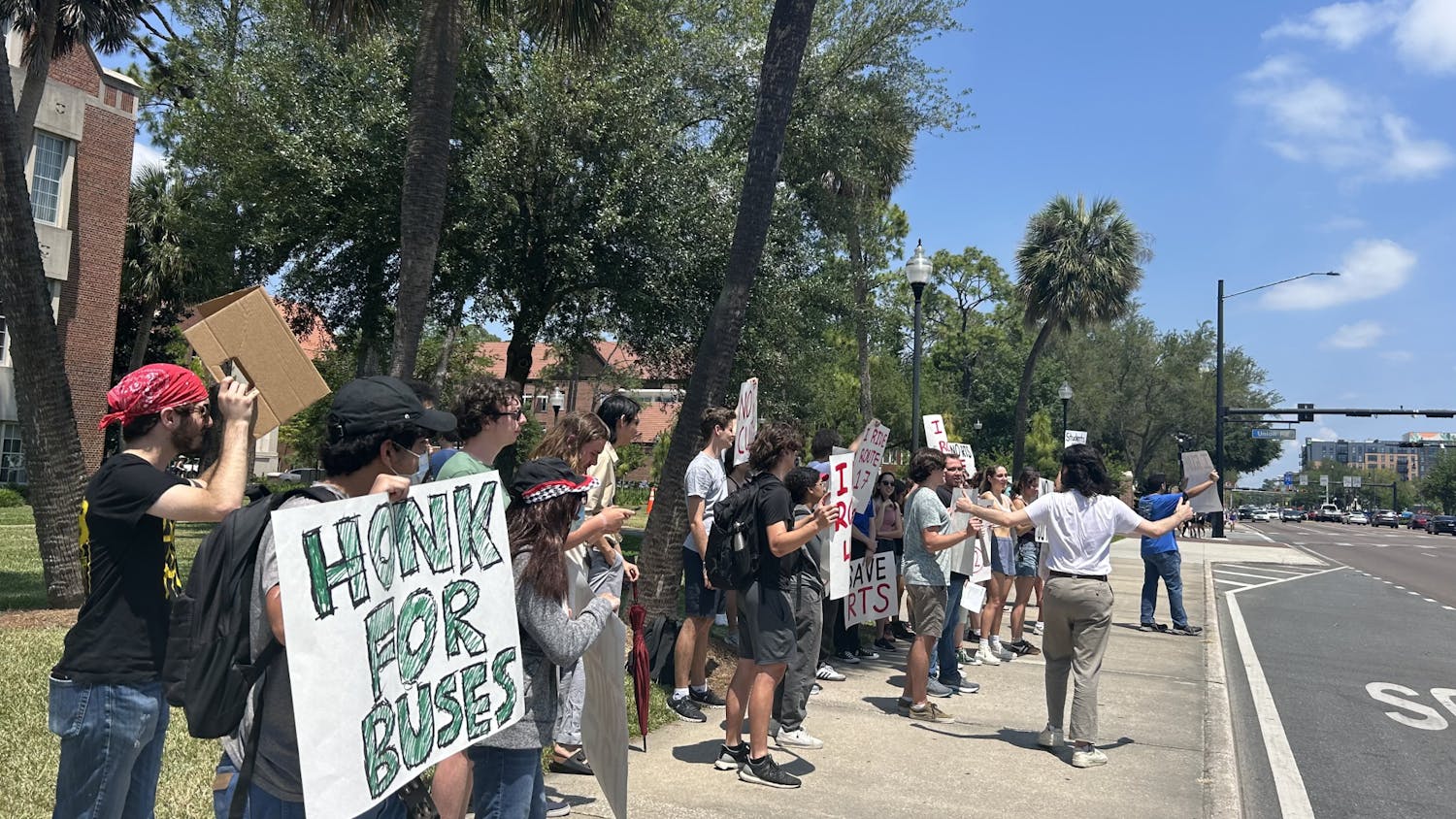Earlier this year, Congress passed the Agricultural Appropriations Bill for 2013 and the Farmer Assurance Provision. This provision was slipped into the larger bill and passed unbeknown to many of the members of Congress. It protects producers of genetically modified organisms from any harm in court, regardless of health risks associated with them.
The legislation has come to be known as the Monsanto Protection Act. The act makes it so the genetically modified organisms’ giant, Monsanto, can sell seeds irrespective of any health risks associated with them as courts can’t cease the sale of the crops. As if that isn’t scary enough, Monsanto helped write it.
At long last, there is an effort to repeal the egregious act. Jeff Merkley, of Oregon, is introducing an amendment to the Consolidated and Further Continuing Appropriations Act of 2013 in hopes of repealing the Monsanto Protection Act, but will he be successful? While the original bill was in the House, congressman Jon Tester attempted to amend the language from the bill but failed. Merkley’s repeal effort comes on the eve of a Monsanto victory in the Supreme Court.
Earlier this month, the Supreme Court heard a case between Monsanto and a 75-year-old farmer who had planted genetically modified Monsanto beans outside of patent restrictions. Some are worried that the case will have future implications for the sale of vaccines and other products using living, replicating organisms.
This month, Monsanto CEO Hugh Grant told Bloomberg that he sees elitism being fueled through social media with regard to criticisms of his company.
“Most of the people that become motivated to engage the political issues have become convinced that going down the road of genetically engineered foods is not the way to meet the needs of a food insecure population,” he said in a Bloomberg article.
But one can hardly help but be suspicious of all of this rhetoric being spouted on top of the passage of the Monsanto Protection Act. While it may be true that humans of the globe are in need of new and innovative farming techniques in order to meet food demands, shouldn’t the companies offering new techniques be responsible if their crops yield poison rather than food?
And with Monsanto’s $1.48 billion in profits announced earlier this year, one should be all the more suspicious.
Is it a sin to make a lot of money? Probably not. Is it a sin to experiment with new techniques when human health is on the line? Definitely not. The sin is in using money and influence to change the rules. The sin is in making it so that nobody is held responsible when there’s prior knowledge of potential damage to human health.
Remember the Ford Pinto? Ford was grilled with lawsuits and bad press for having weighed profits against the welfare of consumers who would be unaware of the car’s safety hazards. Imagine now, though, that Ford had been protected from any legal repercussions despite not informing consumers of the dangers involved with driving the car because a bill had been quietly slipped through Congress.
It sounds weird to us, too.





